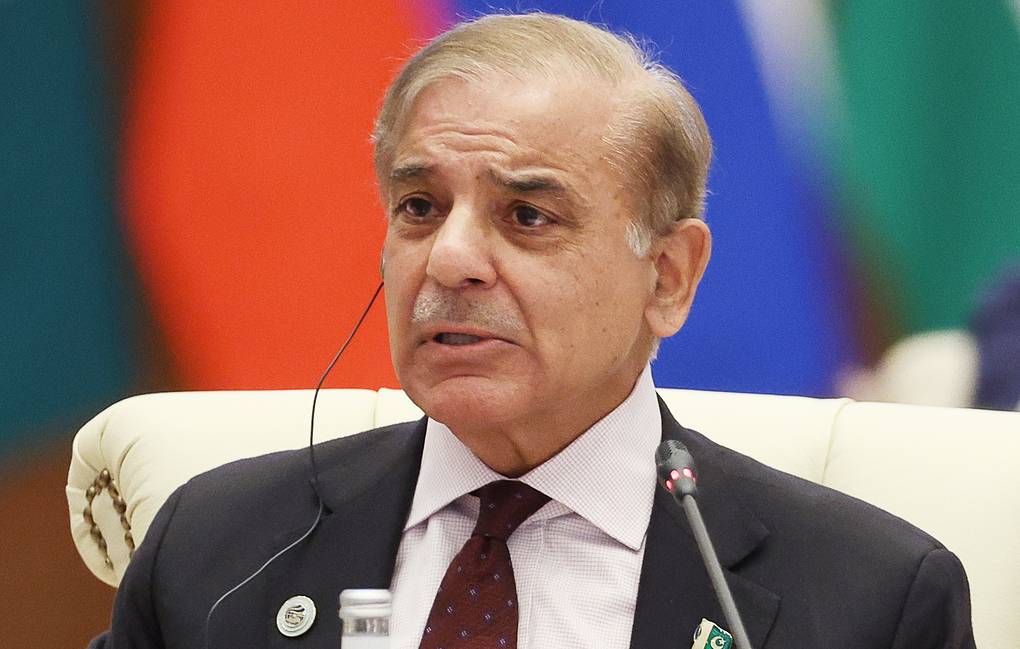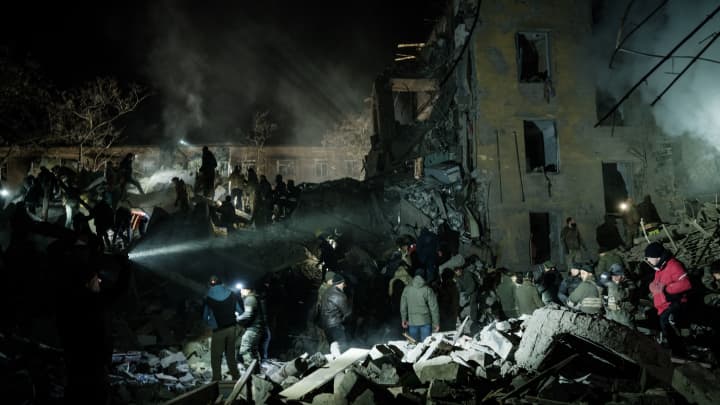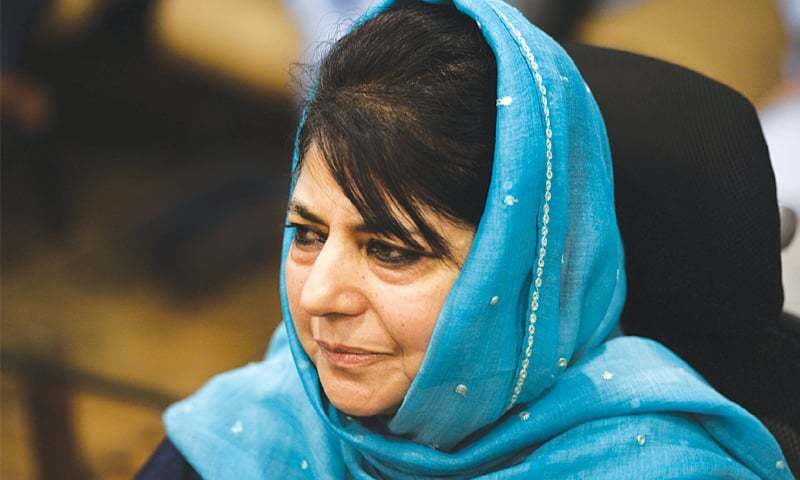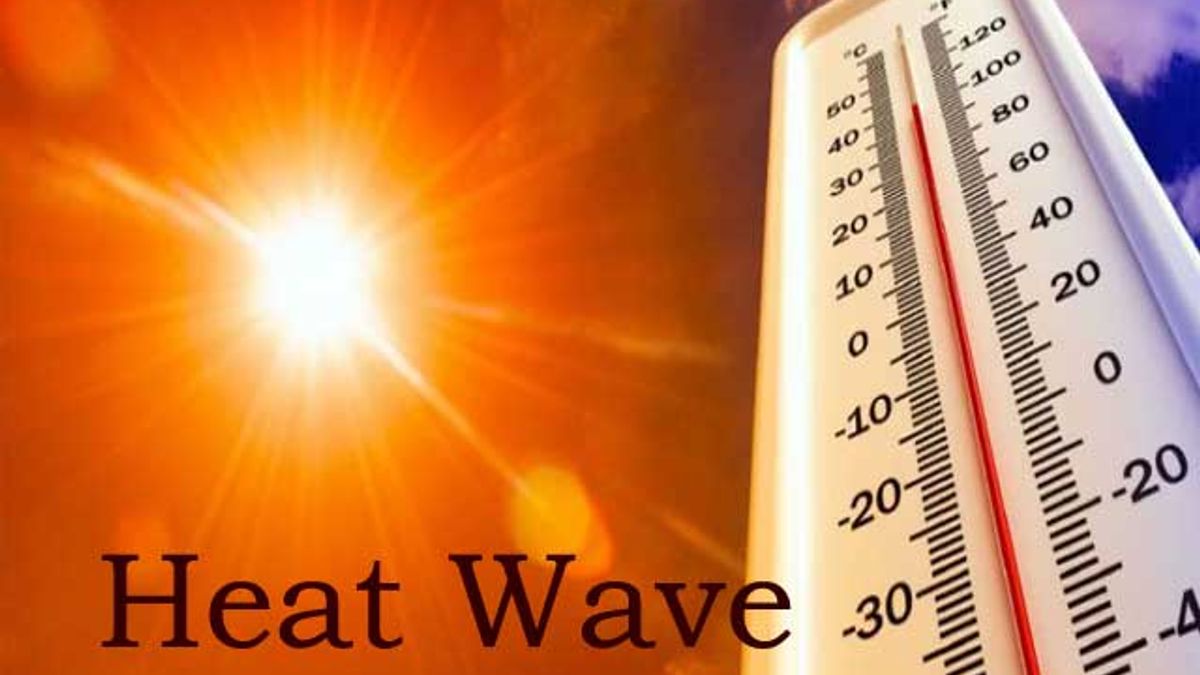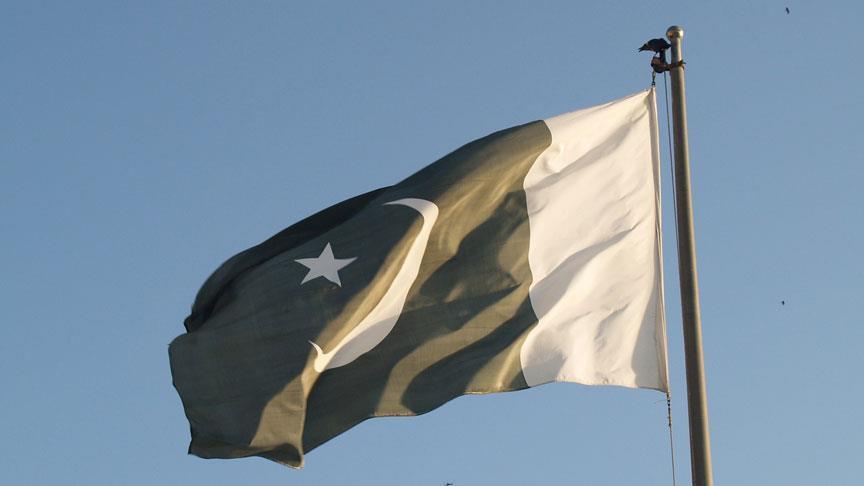Hyderabad’s winter chill wrapped in smog as air quality deteriorates
Sat 23 Nov 2024, 01:16:28
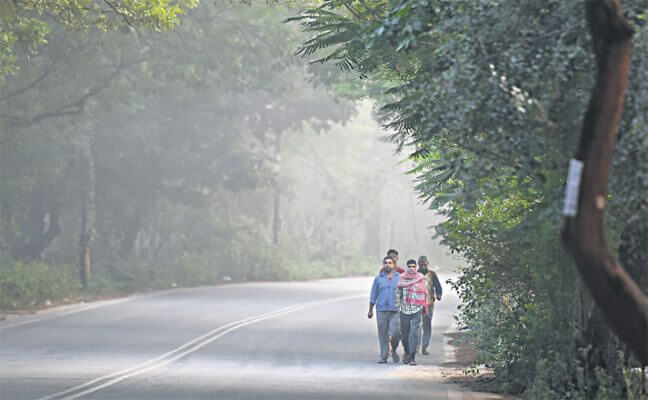
As winter sets in across Hyderabad, so does a growing concern — air pollution. The city’s crisp, cool mornings are now accompanied by an unwelcome companion: smog.
While residents relish the drop in temperatures, the air quality is quietly deteriorating. The pleasant weather hides a darker reality: the air we breathe is becoming increasingly toxic. For 18 out of the last 19 days, the city’s air quality has remained in the ‘moderate’ category, with no respite in sight.
On Wednesday, temperatures dropped to 15.1 degrees Celsius in the city, as pollution levels surged. The Central Pollution Control Board’s Air Quality Index (AQI) recorded moderate readings across the city, with Bollaram at 114, Central University at 95 and ECIL at 90. Areas like ICRISAT Patancheru (160), Pashamylaram (158) and Sanathnagar (175) saw higher levels of pollution. Other readings included Kandi (100), Kokapet (76), Kompally (89), and Zoo Park (175). The AQI for Tuesday also indicated moderate air quality at 114. PM2.5, the microscopic particulate matter that sneaks past your defences, is now dominating the air. The AQI for Monday was recorded at 123, and though it still falls under the ‘moderate’ category, it poses a mild risk for individuals with respiratory issues, such as asthma or heart conditions.
The air quality has fluctuated between ‘satisfactory’ and ‘moderate’ this month.
On November 14, the AQI was recorded at 93, a relatively good level, but since then, the quality has steadily worsened. The day-to-day trend shows an upward trajectory: November 15 saw a rating of 101, and the following days, including November 19, climbed above 110.
On November 14, the AQI was recorded at 93, a relatively good level, but since then, the quality has steadily worsened. The day-to-day trend shows an upward trajectory: November 15 saw a rating of 101, and the following days, including November 19, climbed above 110.
The persistent culprit of this pollution remains PM2.5, a tiny but lethal pollutant that has been identified as the primary contributor to the worsening air quality. PM2.5 particles can travel deep into the lungs, aggravating conditions like asthma, bronchitis, and cardiovascular diseases.
According to the AQI categories, any value between 101 and 200 falls under ‘moderate,’ with the possibility of breathing discomfort for sensitive individuals. The index has remained within this zone for over two weeks now, with no immediate relief in sight.
While the average minimum temperature dips in the city, certain areas like BHEL and Macha Bollaram are experiencing even lower readings, hovering around 12 degrees Celsius, making the air thicker and potentially more harmful. According to health advisories, if the AQI exceeds 150, people with heart or lung diseases should limit their outdoor activities.
The weather forecast for the coming week in the city predicts partly cloudy skies with haze. Temperatures are expected to range between a minimum of 15 degrees Celsius and a maximum of 30 degrees Celsius
No Comments For This Post, Be first to write a Comment.
Most viewed from Hyderabad
Most viewed from World
AIMIM News
Latest Urdu News
Most Viewed
May 26, 2020
Do you think Canada-India relations will improve under New PM Mark Carney?
Latest Videos View All
Like Us
Home
About Us
Advertise With Us
All Polls
Epaper Archives
Privacy Policy
Contact Us
Download Etemaad App
© 2025 Etemaad Daily News, All Rights Reserved.

.jpg)
.jpg)
.jpg)
.jpg)

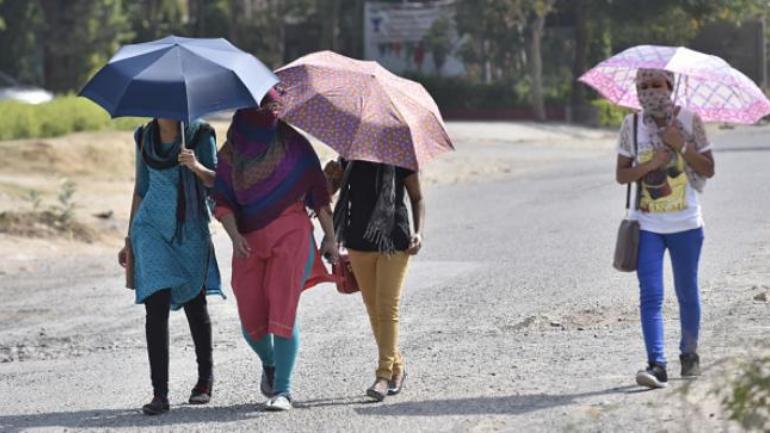
.jpg)
.jpg)
.jpg)
.jpg)
.jpg)
.jpg)
.jpg)
.jpg)
.jpg)
.jpg)
.jpg)
.jpg)
